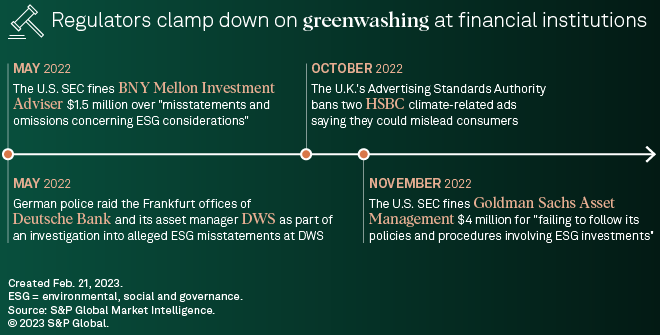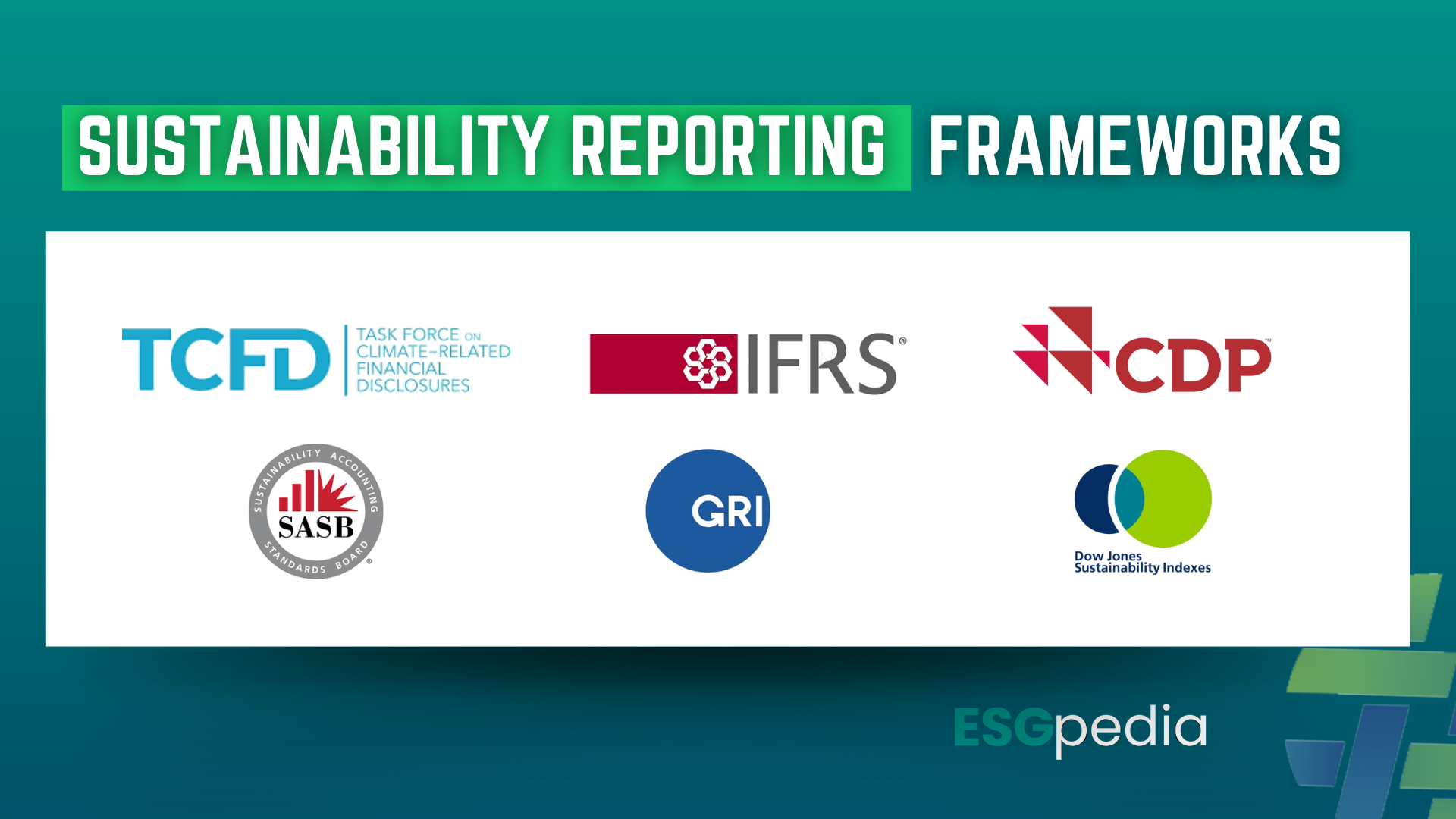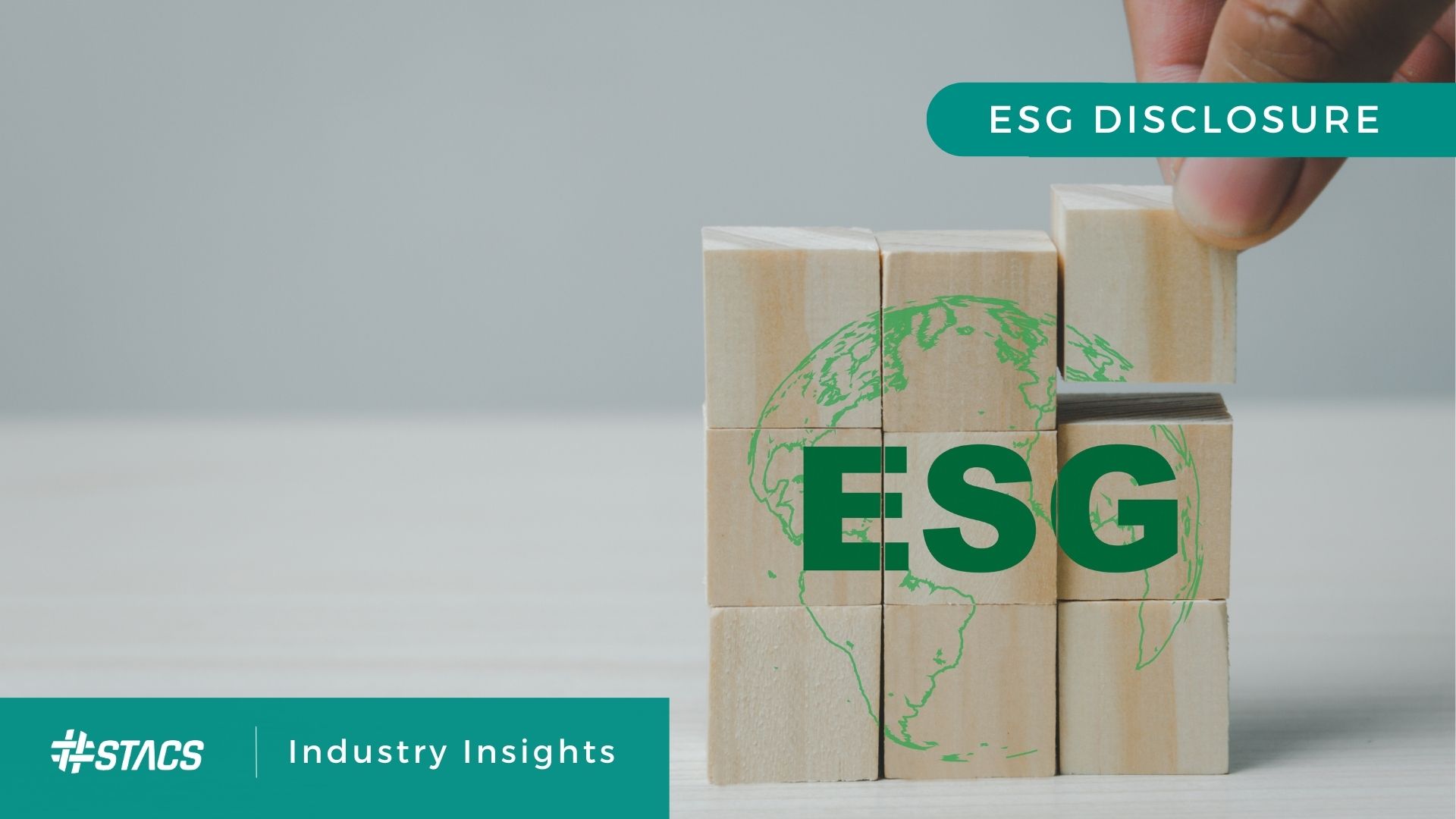Updated 17 JUL 2023 –
Following speculation at the end of February that China is planning to make ESG disclosures compulsory for public companies as part of efforts to shift to a lower-carbon economy, we believe this is part of a trend already well underway – and set to continue in the year ahead as more governments implement clearer sustainability policy.
At present, 29 countries maintain some degree of mandatory ESG disclosure regulation, according to data tracked by the European Corporate Governance Institute, including the United States, the United Kingdom, Singapore, Malaysia, Hong Kong, and the Philippines.
“The first step would be to design a standard that is recognised by the international community and applicable to the local market,” Bloomberg wrote in its reporting on the potential China regulatory move.
“China may introduce the requirements first on a ‘comply or explain’ basis before transitioning to a full-scale compulsory framework.”
ISSB releases Inaugural Global Sustainability Reporting Standards
In the latest milestone in the sustainability space, the International Sustainable Standards Board (ISSB) has ushered in a new era of global sustainability reporting with the unveiling of two new standards: International Financial Reporting Standard S-1, the General Requirements for Disclosure of Sustainability-related Financial Information, and IFRS S-2, Climate-related Disclosures. Set to take effect on 1 January 2024, the new standards aim to promote consistent and comparable reporting on sustainability matters and serve as a timely reminder for companies to start familiarizing themselves with sustainability reporting.
The ISSB IFRS S1 and S2 standards consolidate a myriad of present disclosure standards that have been established by the Task Force on Climate-related Financial Disclosures (TCFD), the Sustainability Accounting Standards Board (SASB), and the CDP’s Climate Disclosure Standards Board (CDSB) to name a few. The standards are designed to be used in conjunction with any accounting requirements, to ensure that companies provide sustainability-related information alongside financial statements – in the same reporting package.
By adhering to these standards, companies can measure and communicate their sustainability efforts in a consistent and transparent manner, enabling meaningful comparisons across industries and regions.
To learn more regarding the new ISSB global reporting standards, click here.
China the Last ESG Domino to Fall?

As far back as 2016, the Singapore Exchange established a comply-or-explain ESG reporting framework as far back as 2016, with mandatory reporting rules coming into effect more recently in January of last year for some listed companies.
Singapore’s ESG disclosure rules also require directors of public firms to attend sustainability training, and there are expectations that regulators may be turning their gaze to non-listed firms in the near future.
Singapore Exchange Regulation, the regulatory arm of SGX, has proposed making climate-related disclosures mandatory for companies in their sustainability reports from this year in key sectors.
This will include climate-related disclosures being consistent with the TCFD framework, issuers required to disclose GHG emissions, energy, water consumption, and waste generated, as well as disclosures beyond Singapore’s national boundary for shipping and aviation sectors.
In September last year, MAS and SGX jointly launched ESGenome, a digital disclosure portal for companies to report ESG data in a structured and efficient manner, and for investors to access such data in a consistent and comparable format.
According to details shared in the announcement, ESGenome is a joint initiative by the MAS and SGX under Project Greenprint, of which STACS is also a partner, aimed at developing a common disclosure utility that will facilitate sustainability reporting for SGX-listed companies.
Investors are increasingly picky about the ESG funds and companies they invest in following concerns around greenwashing and a slew of fines from regulators on some financial products misleadingly labeled ESG.
Data compiled by the European Fund and Asset Management Association show the European Union’s highest ESG classification, known as Article 9, attracted €26 billion (US$28 billion) in new funds from investors last year even as equity funds in general lost €72 billion.
The result has been more capital inflows to those companies, funds, and financial instruments that have passed the more demanding ESG tests and still managed to earn top marks.
STACS Well Positioned to Support Low-Carbon Transition

At STACS, we sit at the nexus of ESG and finance – well positioned to support governments and the private sector with the transition to a low-carbon economy and the additional sustainability reporting requirements (for both listed and non-listed companies) that will come with that.
In the absence of common international ESG registries and standards, ESGpedia platform is live across Asia, empowering corporates, SMEs, and financial institutions with better ESG data as well as digital tools to measure, disclose, and monitor their efforts towards sustainability reporting and net zero.
To lower the barriers to sustainability, the ESCAP Sustainable Business Network (ESBN) has launched the ESBN Asia-Pacific Green Deal digital assessment on ESGpedia. The self-assessment is designed to be a simplified, assisted digital corporate disclosure to help businesses kickstart their sustainability journey.
It serves as a good starter tool especially for SMEs and corporates looking at beginning their ESG disclosure journey simply and quickly, in accordance with global sustainability frameworks and reporting guidelines.
By filling up the simplified globally-recognised questionnaire, businesses can create their digital ESG profile on ESGpedia and gain access to harmonised sustainability data, digital tools to calculate their carbon footprint and better track their decarbonisation efforts, and green financing. Companies can also showcase their other sustainability efforts and upload their sustainability reports onto their digital profile.
As a first step to future-proof and stay ahead of upcoming requirement in standardised reporting, pledge your business support and utilise the ESCAP Sustainable Business Network (ESBN) Asia-Pacific Green Deal digital assessment, available for free on ESGpedia. Learn more and attain your badge at no cost.
Benefits include improved reputation with customers, preferential rates on sustainability-linked financing, and better alignment with government policy efforts to effectively transition economies to a low-carbon future.
Is Sustainability Reporting Mandatory in Singapore?
While regulators have been to date focused on listed companies when it comes to making ESG disclosures compulsory, we believe that before long more stringent requirements will be rolled out to non-listed firms, too.
With this in mind, businesses must today begin the hard work of educating themselves and investing in technologies that can support them on their ESG journeys to achieve environmental risk management, build climate resilience, and overall become better corporate citizens.
Fines for False ESG Claims

Image: S&P Global
Greenwashing has been an ongoing concern for regulators and financial institutions over the past 12-18 months, and we are aware of the need to bring more transparency and data to back up claims when it comes to ESG disclosures and labeling of products/services.
S&P Global, for example, reported at the end of February that the ongoing regulatory crackdown around greenwashing is leaving banks vulnerable to probes and penalties over misrepresented sustainability statements.
The report cited the precedent set last year by the US Securities and Exchange Commission when it fined BNY Mellon and Goldman Sachs $1.5 million and $4 million, respectively, over ESG misstatements.
This was the first time a regulator had fined financial institutions over ESG-related failings, sending a clear message to the investment world that the SEC will investigate greenwashing claims thoroughly, S&P Global concluded.
Keep Your Business One Step Ahead of Government Policy with Sustainability Reporting Frameworks & ESG Reporting

In our recent deep dive into the real estate sector, we explained how real estate companies are able to quickly create their digital company ESG profile, and upload third-party sustainability certifications and other sustainability evidence via our ESGpedia platform to back up their ESG claims and reassure financiers, customers, and regulators that they are on track with their ESG commitments.
Our ESG data platform is also of value to financial institutions such as banks and asset managers who have goals to scale their ESG portfolios but need to do so carefully, ensuring accountability and green-ness of their portfolio through verifiable data and automated portfolio monitoring digital tools.
As we see reports on China, the world’s second largest economy, moving towards policy frameworks of more compulsory ESG disclosures there is no better time than the present to get ahead of this transition.
We welcome companies to create their corporate ESG profile today for free and sign up for a trial of ESGpedia today to accelerate your sustainability journey with better data and digital solutions.
ESG Sustainability Reporting Examples & Frameworks

As sustainability reporting gains traction worldwide, a range of standards have emerged to streamline the evaluation and comparison of sustainability reports. Learn more about emerging global standards and frameworks, the challenges faced, steps businesses can take to start their sustainability reporting journey, and our free carbon calculator, available on ESGpedia Nexus to calculate Scope 1, 2, and 3 emissions according to GHG standards. View full insights here to dive into the ultimate guide on sustainability reporting.
PRESS CONTACTS
If you are a journalist with media queries, contact us.





